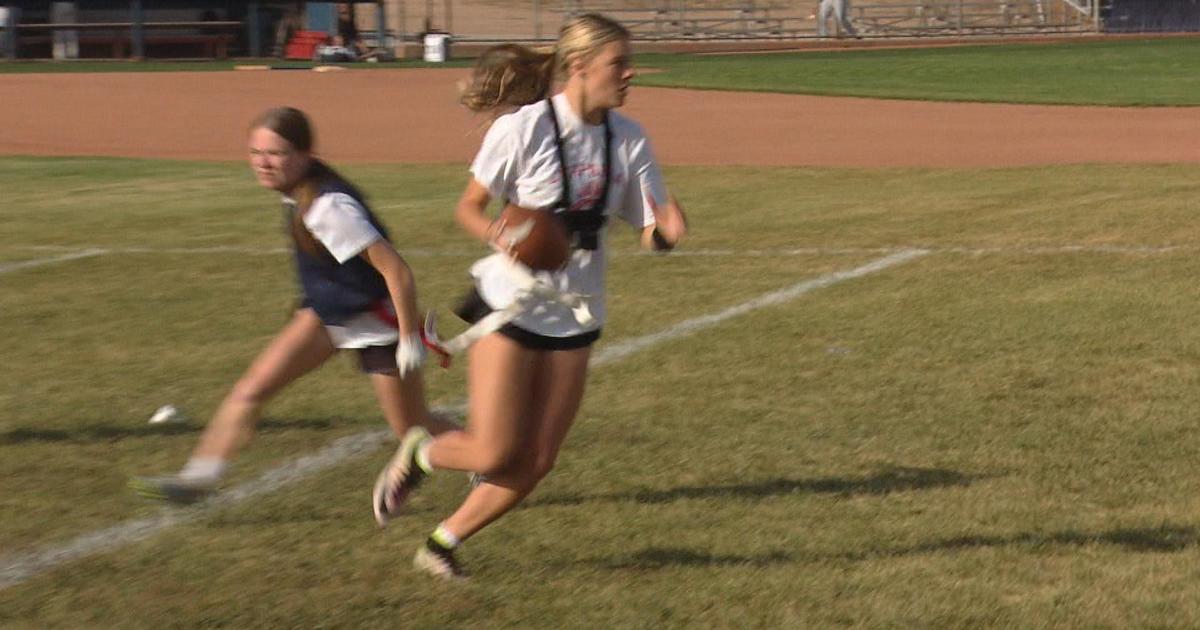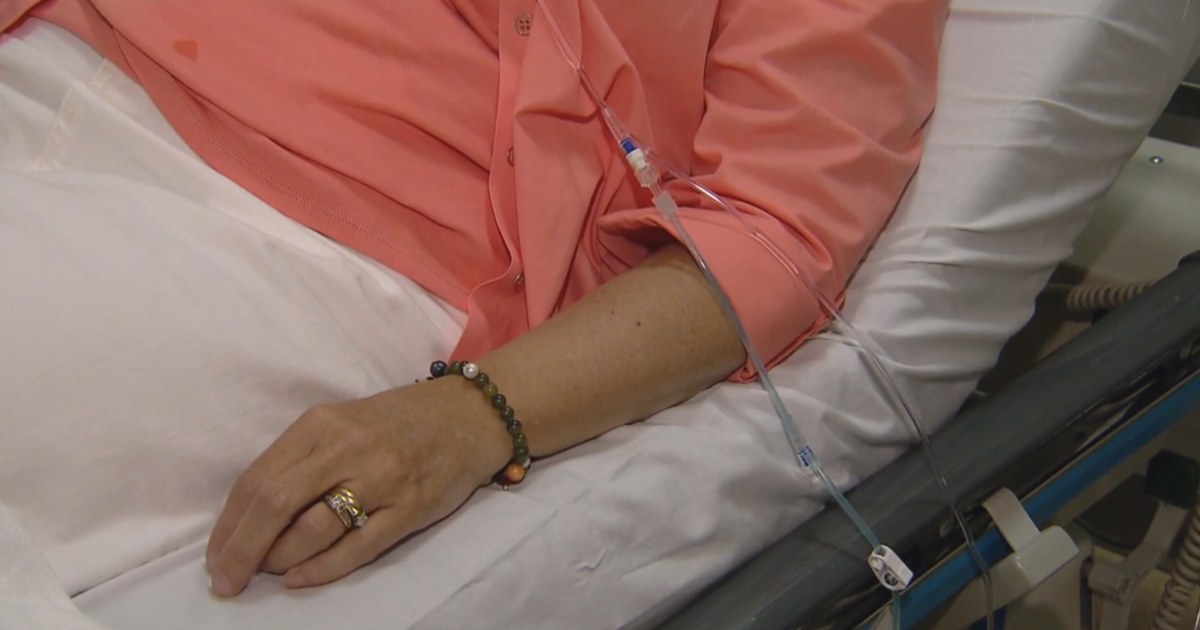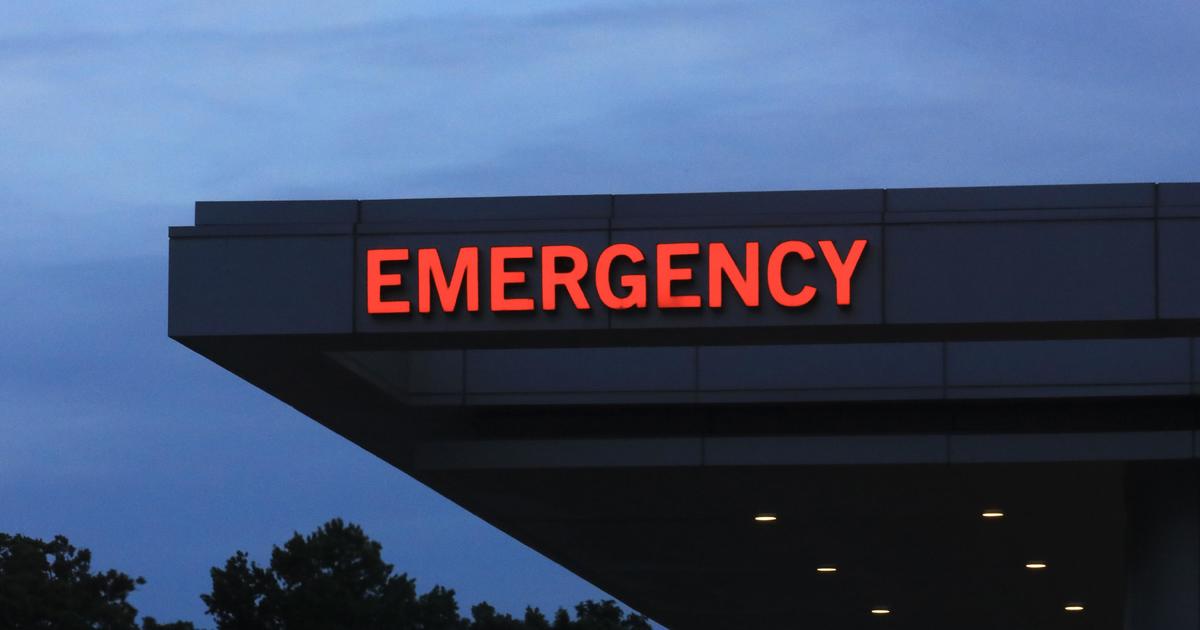14-Day Quarantine Is Still Best Before Seeing Loved Ones For The Holidays, Dr. Leana Wen Says
(CNN) -- As coronavirus surges across the United States in the aftermath of the Thanksgiving holiday weekend, experts predict there will be an exponential growth in infections and deaths as the country heads into the December holidays.
The best present you can give your family for Hanukkah, Christmas or Kwanzaa is to stay home for the holidays, according to CNN Medical Analyst Dr. Leana Wen, an emergency physician and a visiting professor at George Washington University Milken Institute School of Public Health. Wen is also a former Baltimore City Health Commissioner.
If you must visit your family this holiday season, the safest thing to do is quarantine for 14 days to avoid passing coronavirus onto them. For people starting to travel a week before Christmas, your two weeks starts now. You've heard recommendations of quarantines that are seven to 10 days long, right? Read on. Here's more guidance from Dr. Wen.
CNN: What's your advice for people who want to see relatives over Christmas?
Dr. Leana Wen: Coronavirus is surging with escalating speed all across the country. In November, the United States had more than 4 million new Covid-19 infections. This will be much higher in December. Hospitals are already overwhelmed. One in five hospitals report that they are critically short of health care workers.
We need everyone's help to flatten the curve again and avoid a collapse of our health care system. Now is the time to hunker down, and I would highly encourage people not to travel to see loved ones over Christmas. If there are friends or family who live in your area, you can see one another outdoors if members of different households are spaced at least 6 feet apart at all times. Don't share drinks or food.
I know outdoor gatherings will be very difficult for many people, especially with the cold weather coming. If you want to get together indoors, there is a safe way to do this: Everyone needs to quarantine for 14 days. That's not going to be possible for most people — in which case, please hold off on your gathering over this Christmas.
CNN: What about the new CDC guidelines that say you only have to quarantine for 10 days? I heard that you can get tested after seven days.
Wen: The incubation period for the coronavirus is up to 14 days. That's why the safest thing to do is to quarantine for 14 days and get a test.
The CDC just changed their guidance to say that those exposed to coronavirus can quarantine for 10 days. That's because the large majority of the coronavirus infections will be detected by 10 days. Some cases, however, will not. That's why a 14-day quarantine is still the safest choice — though 10 days is probably far more practical for many more people.
With regard to testing, most people test positive after five to seven days. A test after seven days is not as good as a full quarantine for 14 days — but if you have ready access to testing and just simply cannot do the full 14 or even 10 days of quarantine, this is an acceptable protocol.
CNN: What does a quarantine mean?
Wen: A quarantine means that you should reduce risk in every way possible. That means not getting together indoors with people who aren't in your household. You shouldn't be going to work, and children shouldn't be going to school or day care. You should even try to get groceries delivered, if at all possible, to limit your exposure. Definitely do not dine in restaurants or go to bars or gyms.
This is particularly important if you intend to get together with people who are particularly vulnerable, for example, elderly parents or those with underlying medical conditions, but please remember that no one is immune from coronavirus. Even those who are young and otherwise healthy can get very sick. And everyone could end up contracting Covid-19 and passing it on to others.
CNN: What about traveling? Is it risky, and when should I test before traveling?
Wen: The safest method of travel as far as coronavirus risk is concerned is driving. If it's just you and your household driving in a vehicle, especially if you're not stopping at rest stations, this is safe. If you need to go to a restroom along the way, make sure you find one that is less crowded, minimize your time there, and wear a three-ply surgical mask that covers your nose and mouth completely.
Air travel has some risk. The time during the flight is actually low risk, as there is fresh air circulating and planes have high-quality air filters. However, there are other risks that add up: waiting on the poorly ventilated jetway, boarding the plane when the ventilation is not yet running, sitting in crowded airport waiting areas, even being in transit to and from the airport. You can reduce your risk by doing your best to physical distance and always wearing a good mask (and a face shield on top of a mask can help, too), but there will be some risk.
If you're driving to see loved ones, you should get your test result before you leave. That way, if it's positive, you should stay home. Make sure to keep quarantining after you get your result, too; otherwise, you could still pick up coronavirus in between when you get the test and when you leave.
Because of just how prevalent coronavirus is right now, I would consider air travel to be high enough risk that a quarantine and negative test prior to air travel is not enough for safe indoor gathering with other people at your destination. For that reason, I advise against flying or taking the train or bus to see loved ones this Christmas — even if you follow all the safety procedures during the travels, there is still a risk of contracting Covid-19 and passing it on to others that you spend time with indoors.
CNN: What about the coronavirus vaccine? Can I get it before I travel?
Wen: There is great news about the coronavirus vaccine: There are two vaccines that look to be safe and very effective. It's likely they will be given emergency use authorization by the FDA by mid-December, and the first group of people who are at particularly high risk could be given the vaccine by the end of the year.
However, the vaccine is not available to the public yet. The best estimates are that it will be available to most Americans by spring of next year. That means we can't get the vaccine now and the vaccine, though promising, won't be helpful to allow us to see loved ones this winter holiday.
CNN: What if I do travel? Do I need to quarantine once I come back?
Wen: Again, I wouldn't advise that you travel or see loved ones, unless it's outdoors or everyone has quarantined and gotten tested. If you do travel by plane, though, or participate in indoor gatherings with people who have not quarantined, you should quarantine yourself once you return to your home community. That's because you certainly would not want to spread the virus to your family or your community. This quarantine is the same — 14 days if possible; if not, 10 days or seven days, then a test. That's a lot to ask for, and one more reason to put off travel and in-person gatherings this holiday.
Remember that the end is in sight. We have a very challenging winter to get through. But we can do this, and protect ourselves and our loved ones, and help to stop the rapid surge of coronavirus across the country.
The-CNN-Wire
™ & © 2020 Cable News Network, Inc., a WarnerMedia Company. All rights reserved.



